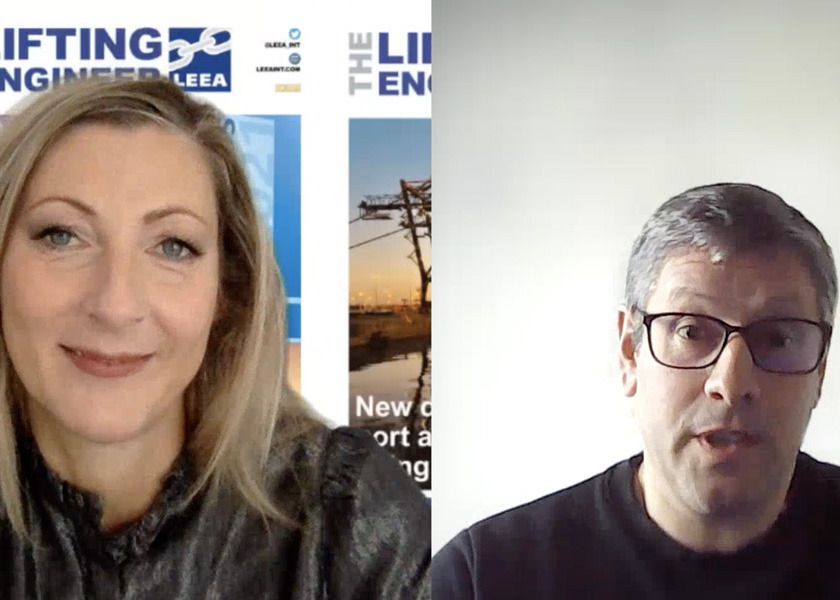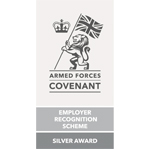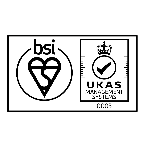
Be my Guest… Ben Dobbs
Ben Dobbs, former head of Technical Services, LEEA, has moved into a new role as head of Global Standards and Legislation for the association.
From the transitionary period between the old Machinery Directive and the new Machinery Regulation affecting legislation on placing goods on the EU market at a European level, to a new standard on Grade 10 Chain Slings, and three product codes for offshore cranes, offshore containers and offshore lifting sets, Dobbs tells us what changes to expect in 2024.
“We're at a significant turning point with respect to legislation on the European level, but this will affect our members globally as well, at least those planning to place products on the EU market. We're in a transition period between the old Machinery Directive and the new Machinery Regulation. The Machinery Regulation will come into force in 2027, but it's being published now. People are reviewing it and we're finding that with some of the new essential health and safety requirements there is some confusion with respect to how to apply these requirements,” he said.
“All legislation is open to interpretation and we're getting different interpretations. One of the major things we will be doing, starting this summer, is rewriting the old guide to the application of the Machinery Directive to make it applicable to the Machinery Regulation.
“It's a really good opportunity for us as a trade association to get into the official guidance, interpretations and requirements that we need moving forward, because there were always problems with the old guidance. Once it's set in stone, there's nothing you can do about it so that's a major task we've got going on at the moment. If you are placing goods on the EU market, you need to be aware of what's happening.”
On a standards point of view, Dobbs said the knock-on effect of the Machinery Regulation means it is revising a lot of standards and trying to align them to the new essential health and safety requirements and this is causing a lot of minor revisions to some existing codes, but LEEA has also begun work on some brand new standards and codes for products.
“We're starting a new standard on the Grade 10 Chain. We've got some new standards to accompany those, which will affect all slings. So it's a new Grade 10 Component Standards and we're dealing with those at the LEEA level at the moment. So LEEA members are getting the chance to produce the first working drafts,” he said.
“On offshore cranes and the offshore operations side of things, there are three new product codes for offshore cranes. We've also got some new standards for the development of offshore containers and offshore lifting sets associated with those containers.
They’re ISO EN standards, global standards and ones to watch out for. We do have the drafts of members who have been invited to contribute to the development of those standards.
“At a LEEA level, we've started the development of a brand new standard which is offshore cranes, and inspections that’s nearing completion. It will be submitted first to a British standard, which will be the part of the BS 7121 series. And then it will be developed further towards an EN or maybe an ISO standard in the future.
“I am now head of Global Standards and Legislation for the association. Our Technical Services team, which I was formerly head of, are the people that deal with all enquiries coming in and the global standards and technical legislation department supports them. We all work together, but they focus more on the Chatbot and any technical queries that the chatbot can't answer.
“It's my role now to advise the Technical Services Department so they are able to answer all questions at the forefront of new innovation and technology.”
Previous questions of concern involved the UKCA marking (UK Conformity Assessed marking is a conformity mark that indicates conformity with the applicable requirements for products sold within Great Britain. Products with the CE mark are also acceptable in the UK market), which has now been resolved.
“When we see these common questions coming in, we do everything we can to liaise with government departments and get the guidance we need. That’s what happened with the UKCA marking - we got a response from the government and now you are allowed to continue using the UKCA marking on a label affixed to the product or on a document accompanying the product, until 2027,” said Dobbs.
This means that as of January 1, 2028, in most cases, you must affix the UKCA marking to the product itself or to the packaging.
“The Government is proactively listening to trade associations like ourselves, and they adopt the requirements to help us transition and to comply,” he added.
Click HERE to watch the video on LEEA YouTube channel.



